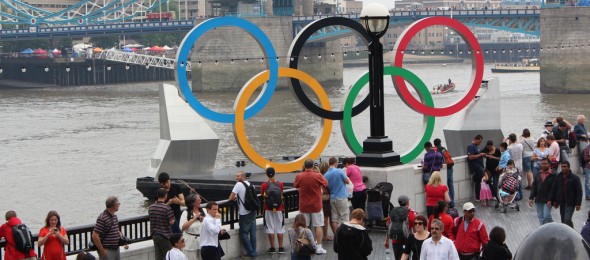Last week, the Court of Arbitration for Sport (“CAS”) delivered a decision related to 39 lifetime athlete bans that were issued by the Disciplinary Commission of the International Olympic Committee (“IOC”). The lifetime bans were originally issued against 43 Russian athletes in connection with large-scale doping allegations related to the 2014 Olympic Winter Games that were held in Sochi. Following the IOC’s order, 42 of the banned athletes filed an appeal with CAS.
According to a February 1st media release, CAS overturned 28 of the lifetime bans and partially upheld 11 additional bans. The organization also stated a hearing for three of the banned athletes was currently postponed. The media release states:
A CAS procedure was opened for each individual athlete. Arbitral panels were constituted for each procedure and were composed of Prof. Christoph Vedder (Germany), President, Dr. Dirk-Reiner Martens (Germany), and Dr. Hamid Gharavi (France/Iran) for one group of procedures and Prof. Michael Geistlinger (Austria) for the second group of procedures. The remaining procedures, involving 3 biathletes, have been suspended and will be heard after the 2018 Olympic Winter Games.
The procedures were conducted jointly on an expedited basis and a combined hearing took place from 22 to 27 January 2018 in Geneva. Every athlete attended the hearing, except two who were not available, and were heard individually. Several experts and fact witnesses, such as Dr. Grigory Rodchenkov and Prof. Richard McLaren, testified during the hearing.
Both CAS panels unanimously found that the evidence put forward by the IOC in relation to this matter did not have the same weight in each individual case. In 28 cases, the evidence collected was found to be insufficient to establish that an anti-doping rule violation (ADRV) was committed by the athletes concerned. With respect to these 28 athletes, the appeals are upheld, the sanctions annulled and their individual results achieved in Sochi 2014 are reinstated.
In 11 cases, the evidence collected was found to be sufficient to establish an individual ADRV. The IOC decisions in these matters are confirmed, with one exception: the athletes are declared ineligible for the next edition of the Olympic Winter Games (i.e. Pyeongchang 2018) instead of a life ban from all Olympic Games.
The mandate of the CAS Panels was not to determine generally whether there was an organized scheme allowing the manipulation of doping control samples in the Sochi laboratory but was strictly limited to dealing with 39 individual cases and to assess the evidence applicable to each athlete on an individual basis.
The 28 Russian athletes who were successful in overturning their bans will reportedly have their prior Olympic results reinstated. Despite the CAS ruling, however, the IOC suspended the Russian Olympic Committee from participating in the 2018 Winter Olympics about two months ago. This means the individual athletes may only participate in the Olympic Games that begin later this week in Pyeongchang, South Korea if specifically invited by the IOC.
Photo credit: burge5k on Foter.com / CC BY













